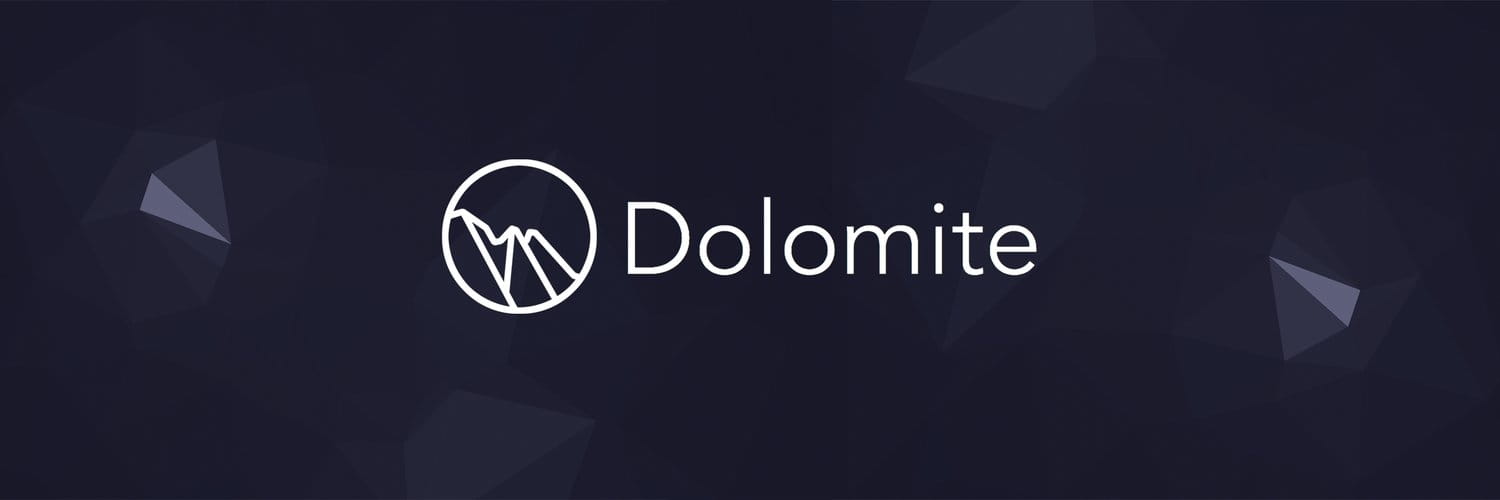The importance of governance mechanisms and community participation is continuously increasing in the decentralized finance (DeFi) ecosystem. For Dolomite, decentralized governance is a core component of its ecosystem development, helping the platform achieve long-term stable growth and continuous innovation.
Today, I will delve into how Dolomite promotes the evolution of the platform through decentralized governance and community-driven efforts, ensuring that it can stand out in the highly competitive DeFi market.@Dolomite

1️⃣ The significance of decentralized governance: Empowering the community, creating a healthy ecosystem
Decentralized governance (DAO) is an important trend in the DeFi ecosystem, which allows platforms to no longer rely on a single development team or centralized entity for decision-making, but instead enables a broad range of community members to participate in the management and development of the platform. Through its decentralized governance mechanism, Dolomite ensures that the platform is more transparent, fair, and sustainable in the long term.
Community-Driven Decision-Making: Unlike traditional financial platforms, Dolomite's decentralized governance mechanism gives users the right to participate in key platform decisions, such as adjustments to reward mechanisms, asset tokenization rules, governance proposals, and more. Changes and improvements to the platform are not solely decided by a few core teams but are collectively decided by community members, ensuring that every user can voice their opinions in the platform's operation.
Enhancing Transparency and Trust: Through a decentralized decision-making mechanism, every change on the platform can be publicly voted on by community members, ensuring the transparency of platform operations. For investors and users, this transparency is a significant factor in their trust in Dolomite, attracting more long-term investors and developers to the platform.
Summary: Dolomite's decentralized governance ensures that the platform can fully listen to the voices of the community during its development, enhancing the platform's transparency and fairness, and increasing users' trust in the platform.
2️⃣ $DOLO Tokens: Driving community governance and incentive mechanisms
The DOLO token is the core of governance on the Dolomite platform. It serves not only as a liquidity tool for the platform but also plays a key role in decentralized governance and reward mechanisms. Through $DOLO, the platform can incentivize community members to actively participate in the management and innovation of the platform, promoting its healthy growth.
Governance Voting and Proposals: Users holding DOLO tokens can participate in platform governance voting to decide important ecological decisions. Whether modifying the platform's revenue mechanism, adjusting the reward distribution plan, or determining the platform's future product direction, community members can exercise their governance rights through the $DOLO token.
Incentivizing User Participation: The DOLO token plays a vital role as an incentive tool on the platform. The platform incentivizes users to provide liquidity, participate in lending, and engage in community governance through DOLO rewards, ensuring the liveliness and long-term sustainability of the platform ecosystem.
Liquidity Pools and Provision: In addition to governance functions, DOLO tokens also serve as tools for liquidity provision on the platform. Users can participate in the platform's liquidity pool by staking DOLO tokens, further promoting the stability and capital flow of the platform ecosystem.
Summary: The DOLO token is not only a governance tool for the platform but also ensures the ecological vitality and long-term sustainable development of the platform through its reward and incentive mechanisms.
3️⃣ Challenges and Opportunities of Community Governance: How to overcome the difficulties of decentralized governance?
Although decentralized governance brings many advantages to Dolomite, it also faces several challenges. Decentralized governance not only requires platform users to have sufficient expertise but also needs to balance the interests of different community members. In this context, how to overcome these challenges and ensure the smooth operation of governance mechanisms is a problem that Dolomite must face.
Voting Mechanism and Decision Efficiency: In decentralized governance, decision efficiency can be an issue. How to make key decisions quickly without sacrificing transparency and fairness is a challenge faced in decentralized governance. Dolomite needs to optimize governance processes to make the proposal and voting process efficient and orderly, ensuring a quick response to market changes.
Community Incentives and Participation: Although decentralized governance allows users to participate in decision-making, not all users are actively involved. In Dolomite, how to motivate more users to participate in platform governance is key to improving governance efficiency. This can be achieved by offering more rewards and participation incentives, increasing users' sense of involvement and responsibility, thereby promoting the healthy development of the platform.
Fairness of Governance: Ensuring the fairness of platform governance and avoiding the problem of token holders monopolizing voting rights is a major challenge for decentralized governance. Dolomite can ensure the fairness and justice of governance by designing more flexible voting mechanisms, such as linking weight to the number of votes and implementing time-locks for governance tokens.
Summary: While decentralized governance brings higher transparency and fairness, it also faces challenges such as voting efficiency, user participation, and fairness. Dolomite needs to continually optimize governance mechanisms to ensure smooth operation.
4️⃣ Community Culture and Ecosystem Building: How to enhance the community's stickiness and cohesion
In addition to technology and governance mechanisms, community culture plays a crucial role in Dolomite's success. The long-term sustainability of the platform relies not only on technology and market strategies but also on the participation and support of community members.
Community Incentives and Education: To enhance user participation, Dolomite can improve users' understanding of DeFi and the platform through education and training. By providing regular online seminars, tutorials, and platform updates, it enhances community loyalty and sense of participation in Dolomite.
Open and Inclusive Community Environment: To attract more users and developers, Dolomite needs to establish an open and inclusive community environment. The platform should encourage users to provide suggestions and feedback and reward developers for their contributions to promote healthy community development.
Community-Led Innovation: Future innovations for Dolomite may stem from the contributions and ideas of community members. The platform can stimulate the creativity of community members through regular hackathons, developer competitions, and other activities, thereby driving continuous innovation and product iteration.
Summary: By building an open and education-driven community culture, Dolomite can enhance the platform's long-term stickiness and cohesion, laying a solid foundation for the sustainable development of the platform.
5️⃣ Summary: Dolomite builds a healthy ecosystem through decentralized governance.
Dolomite's decentralized governance is not just a technological innovation but a key to the platform's sustainable development. By empowering community members, optimizing governance mechanisms, and providing effective rewards and incentives, Dolomite is building a healthy, transparent, and sustainable DeFi ecosystem.
As decentralized governance and community-driven development continue to evolve, Dolomite is expected to become one of the most vibrant and innovative platforms in the DeFi space.#Dolomite

